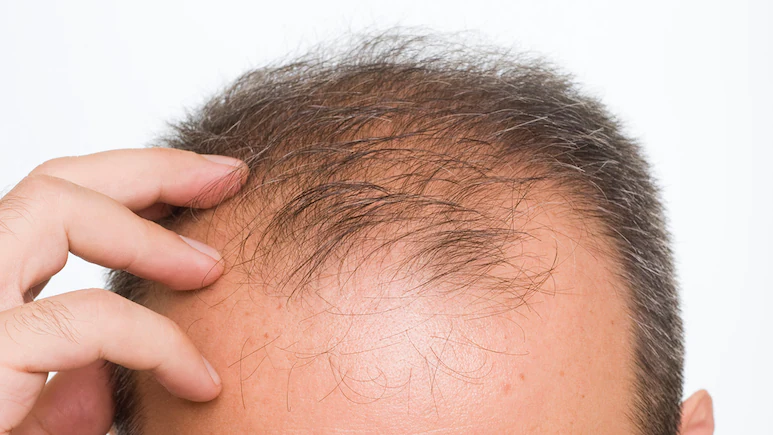A recent study from Israel has revealed alarming findings about finasteride, a widely used hair loss medication. The research suggests the drug may increase the risk of mood disorders, depression, and even suicidal thoughts. Millions of people around the world use finasteride to combat hair thinning, but this study has raised serious safety concerns.
What The Study Found
Finasteride was approved by the US FDA in the 1990s and is commonly used for male pattern baldness. Researchers now report that long-term use may cause brain inflammation and affect the hippocampus, a part of the brain responsible for learning, memory, and emotions.
Despite early warnings from medical experts as far back as 2002, the FDA only added depression as a potential side effect in 2011 and suicidal ideation in 2022.
Experts Speak Out
Dr. Mayer Brezis, professor at Hadassah-Hebrew University Medical Center and lead author of the study, said, “Evidence is now consistent across different populations, and the consequences may have been tragic.”
The study also uncovered internal FDA documents showing that experts had recommended including suicidal thoughts and behavior on finasteride’s label as early as 2010. The agency, however, delayed the update, and many safety concerns were not made public.
Manufacturer And Regulatory Concerns
The research criticizes Merck, the original manufacturer of finasteride, for not conducting sufficient safety studies. Regulators are also called out for failing to enforce thorough research. Experts now recommend pausing the drug’s cosmetic use until safety is reassessed.
Alternatives And New Research
Researchers are exploring natural alternatives. One study found that stevioside, a natural compound from the stevia plant, can enhance absorption of topical minoxidil, another popular hair loss treatment.
In laboratory tests on mice, the combination stimulated hair growth more effectively, offering hope for safer and natural hair regrowth solutions.
Why This Matters
Hair loss affects millions worldwide. In the US alone, around 80 million people experience androgenetic alopecia, with over 50% of men and 25% of women affected by age 50. With such widespread use, the potential risks of finasteride have major public health implications.
Conclusion
The new study highlights that even widely accepted medications may carry serious mental health risks. While finasteride can treat hair loss, users should be aware of potential side effects, monitor their mental health, and consult doctors before continuing long-term use. Meanwhile, new alternatives like stevioside-enhanced minoxidil could offer safer options for millions struggling with hair thinning.
FAQs
What is finasteride used for?
Finasteride is primarily used to treat male pattern baldness and hair thinning.
What are the new risks discovered?
The drug may increase the risk of mood disorders, depression, brain inflammation, and suicidal thoughts.
When did FDA acknowledge these risks?
Depression was added as a potential side effect in 2011, and suicidal ideation in 2022.
Are there safer alternatives for hair loss?
Studies suggest topical minoxidil combined with stevioside, a natural compound, may be a safer option to stimulate hair growth.
Should users stop taking finasteride immediately?
Users should not stop abruptly but consult their doctors to assess risks and explore alternative treatments.

